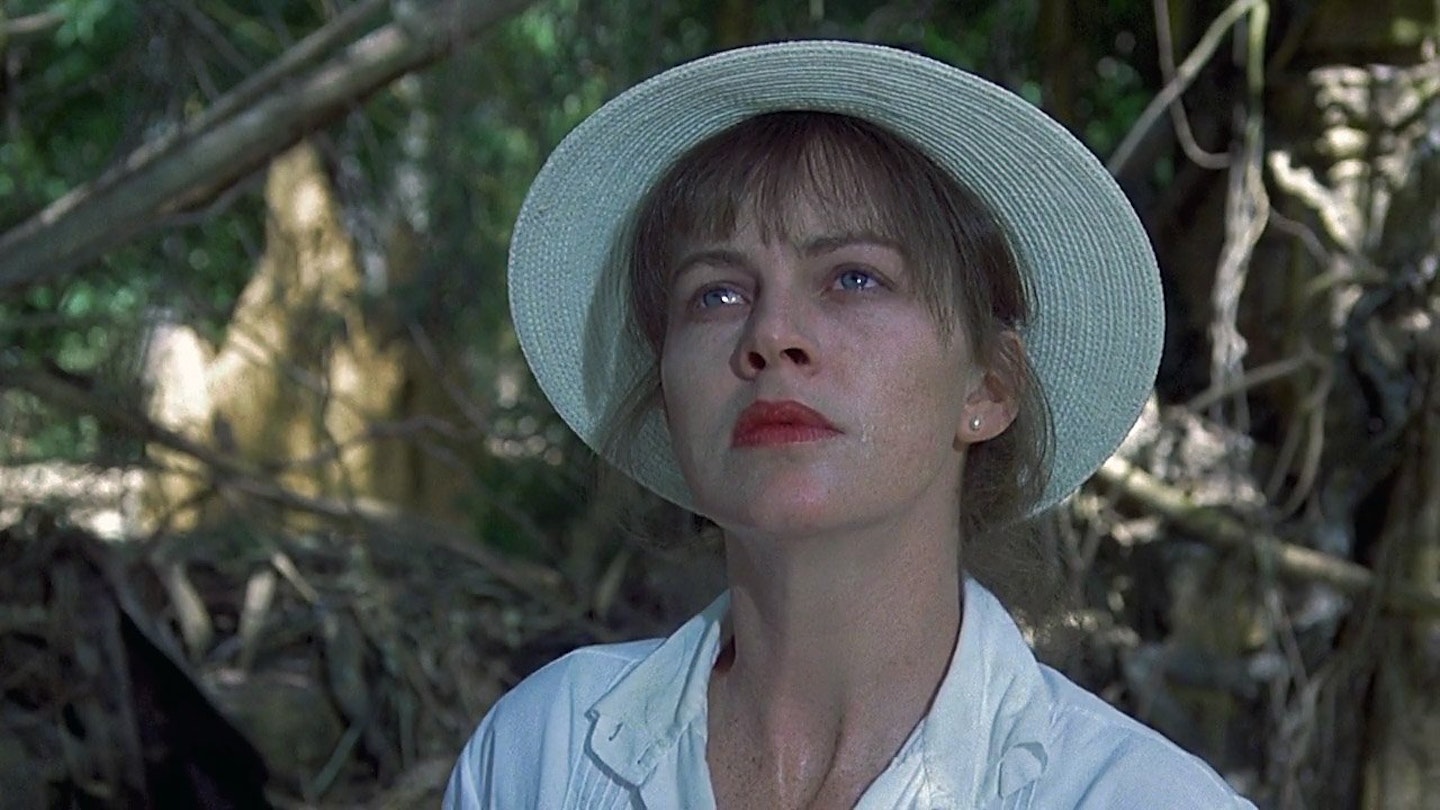The return, after 13 self-imposed years of exile, of fabled director David Lean was everything we would have expected and, yet, a disappointment. Perhaps, it was the choice of material, a much more internalised story despite its glossy Raj setting, or the absence of Robert Bolt as screenwriter (it was he who put the fire in Lean’s belly), but the film, for all Lean’s innate elegance, is strangely remote and unmoving. It could easily have been a Merchant-Ivory film.
Lean notoriously battled with headstrong lead actress Judy Davies over his old-fashioned approach to female characters. She wanted to invest the complicated Adela with more dynamism, to give her variance some potency; Lean wanted her weak and confused. She emerges as neither. Where Lawrence was part-mad; Zhivago consumed by his own passion; Adela is a bit wet. He was also up to his old naive tricks by casting Alec Guinness as the whimsical-wise Hindi sage Dr. Godbhole — he is perfectly mild and beguiling, but you really can’t get away with this in the mid-80s. Victor Banerjee proves energetic but hardly astounding as the innocent doctor at the hub of the film’s racial crisis. It takes the stoic Peggy Ashcroft to give the film a heart, the immaculate Brit visiting her son, who peers distressed at the ensuring madness from the outside.
Lean is so good on a big canvas, his shots of elephant parades and the wild caves of the sunny picnic that would turn so sour, are typically vivid, but this is a film of manners, from a director who should be capturing the untamed sweeps of history. When the film is finally is absorbed by the racial conflict, the strange court-case that will impact on all the souls around — a top-notch range of British and Indian actors — it becomes laggardly, what energy there was seeping away, as if the camera was as afflicted by that airless courtroom as the characters. And no matter how stirring Maurice Jarre’s slightly misjudged score or refined the literary adaptation, Lean’s majesty had departed, those long years of isolation had told.
